Estate Planning, Trust, and Will Lawyer in California
Yu & Yu Law is an experienced California will and trust attorney.
Protect What Matters Most With a Will or Trust
As a California estate planning law firm, we understand the peace of mind that proper planning provides. If you need to speak to a will and trust lawyer, please contact us today to schedule a complimentary consultation.
We're here to guide you in protecting what matters most - your family.
California Estate Planning
While the topic of estate planning may not seem the most exciting, it is one of the most significant responsibilities we have. Having an up-to-date will or revocable trust ensures that all of your assets are distributed in accordance with your wishes, not according to what the state of California decides.
Wills
A will allows you to designate who will care for minor children and how your property will be divided after your passing. Without one, the court would have to determine these outcomes through what is known as intestate succession, which may not reflect your true desires.
Give yourself and your loved ones peace of mind about the future by creating a legally binding last will and testament with the help of our experienced last will and testament lawyer.
Revocable Trusts
In addition to a will, you may want to consider a revocable living trust. Many of our clients work with our revocable trust attorney to establish a trust, as it offers additional benefits that a will alone does not provide.
Trusts ensure your assets avoid the time and expense of probate after death. They also allow for seamless management of your property if you become incapacitated without a court declaring you legally incompetent.
A revocable trust keeps your affairs private, while a will becomes public record after being filed with the court. Our experienced trust lawyer can discuss whether a trust is a suitable option as part of your overall California estate plan.
Engaging Our Services
Getting started with a trust and will lawyer from Yu & Yu Law is straightforward.
Step One: The Consultation
We begin with a consultation to learn more about you and your circumstances.
Step Two: A Custom Plan
Once we have a better understanding of your situation, we can develop a suitable estate plan. When the plan is approved, we will prepare the documentation for your signature.
Step Three: Peace of Mind Beyond Price
Imagine the peace of mind you'll feel knowing that you have a first-rate legal plan to ensure your wishes are followed should anything unexpected happen.
Cost of Wills and Trusts
The cost of drafting a will or trust will depend on the complexity of your affairs. Please schedule a free legal consultation to learn more.
Speak to a Trusted Will Lawyer
Contact us today to secure your future and that of those you care for most.
Schedule Your Consultation Here.
FAQ: WHAT IS A WILL AND WHY DO I NEED IT?
Wills allow people to direct where their assets should go after their passing. Wills are an important part of an overall estate plan. A specific type of will, called a pour-over will, is incorporated into an estate plan for most clients along with some type of a trust.
A person who creates the will is known as the Testator (sometimes called a Testatrix, for females). A person who is asked to represent the testator's estate after the testator has passed away, is known as the Executor.
A will:
May direct that your assets be transferred to your trust, so it can avoid probate
May otherwise distribute assets to any persons or entities
May name guardians for your minor children
May be modified or revoked as long as the Testator is alive and competent
Does not grant any monetary or other rights to anyone until Testator has passed away
What is one of the biggest drawbacks of having just a will?
Wills need to be probated. Probate is expensive, time-consuming, and invades privacy.
How do I properly sign a will?
Wills must be signed by at least two competent disinterest witnesses.
For purposes of this discussion only:
Competent: mentally healthy and over 18.
Disinterested: does not receive any assets from the will.
Signed: at the same time Testator signs the will.
